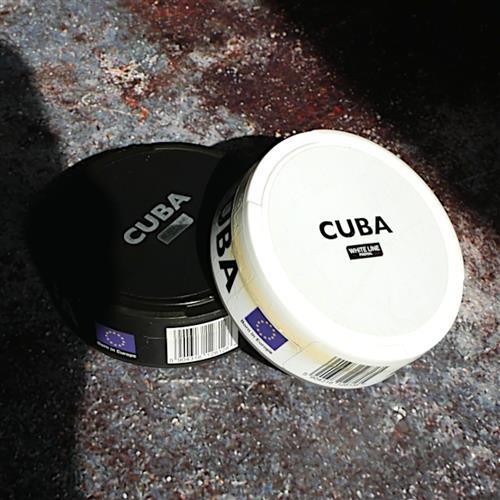Cuba
Cuba, the largest of the Caribbean islands, is a striking nation with a rich history and an intriguing culture. Among the various aspects of Cuban culture, the country has been renowned for its cigars for centuries. Cuban cigars, known to be the world's best cigars, are sought after by cigar connoisseurs around the world.
The indigenous people of Cuba, the Taínos, are known to have smoked tobacco wrapped in palm leaves, which suggests that smoking tobacco has been part of Cuban culture for centuries. Cigars gained popularity among the rich in the 18th century in Cuba when tobacco plantations expanded, and workers began rolling tobacco leaves. The cigar industry in Cuba, however, did not reach its peak until the 19th century.
In the early 19th century, a Spanish businessman named Vicente Martinez-Ybor moved his cigar factory to Cuba from Key West, Florida. He brought with him the latest technology, large amounts of capital, and an ambitious vision. He significantly changed the way Cuban cigars were distributed and marketed globally, as well as introducing foreign investment in the cigar industry for the first time since the Spanish colonisation. Martinez-Ybor's efforts were a turning point in Cuban cigar history and helped establish the country's position as a global leader in the cigar industry.
Habanos, S.A. is Cuba's cigar monopoly that has complete control over the production and distribution of Cuba's 27 cigar brands, including Cohiba- the most exclusive brand. Cohiba was primarily exclusive to Fidel Castro, who used to present them as a diplomatic gift to high-ranking officials. Today, tourists can visit Cohiba's factory in Havana and witness the process of how cigars are hand-rolled.
All genuine and authentic Cuban cigars are made in Cuba. The two state-run companies, Habanos S.A. and Cubatabaco, produce these cigars. The production system of Cuban cigars is what sets them apart from other cigars. Cigars are made using three-year-old tobacco leaves grown in the Vuelta Abajo region, which is a small area in Southern Cuba, known for its unique soil and climate. Only master rollers are allowed to roll cigars as the process is a sophisticated art, with each cigar taking hours to be meticulously prepared.
The Cuban government is very protective of its cigar industry. Therefore, the import of authentic Cuban cigars is prohibited in most countries, including the United States, which has caused an increase in counterfeit and knockoff cigars flooding the black market. Counterfeit Cuban cigars are inferior in quality and have a considerably shorter shelf life since they are made using low-quality tobacco leaves. It is essential to ensure the purchase of genuine cigars at a reputable dealer.
In conclusion, Cuban cigars are not only products of exquisite art, but also an integral part of the nation's identity and history. With their rich aroma and unmistakable flavour, Cuban cigars remain highly sought-after by cigar enthusiasts worldwide. Cuban cigars are internationally recognized for their high quality and unique taste, thanks to the country's rich tobacco heritage. The Cuban government's stringent regulations ensure that the cigars produced in Cuba maintain their exceptional reputation, and while it is challenging to obtain them in most countries, they remain a symbol of Cuba's rich culture and history.
